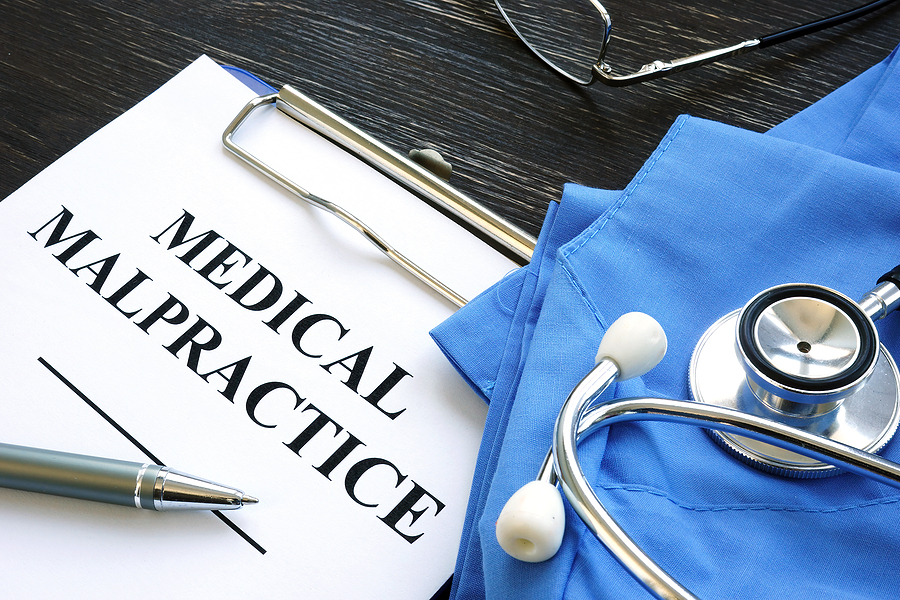Medical malpractice claims can be daunting, not only due to the intricate nature of the medical procedures involved but also the legal complexities that abound. Particularly in Indiana, understanding the statute of limitations for these claims is imperative. This blog will help guide you through the labyrinth of Indiana’s specific rules and timelines related to medical malpractice claims.
Our goal is to arm you with the knowledge necessary to protect your rights and navigate the legal waters with confidence. Whether you are a patient who feels they’ve been wronged or a medical malpractice lawyer seeking clarity, stick with us to unravel the nuances of Indiana’s statute of limitations for medical malpractice.

Statute of Limitations Definition
Before delving into Indiana’s specifics, let’s first understand the term ‘statute of limitations.’ Simply put, it is a legal time limit within which you can file a lawsuit. Every state has its own set of rules and timelines for different types of cases, including medical malpractice claims. These laws are in place to ensure that cases are brought forward in a timely manner, and evidence is still fresh and obtainable.
Indiana’s Statute of Limitations for Medical Malpractice Claims
In Indiana, the statute of limitations for medical malpractice claims is normally two years from the date the alleged malpractice occurred. This means you have two years to file a lawsuit against the healthcare provider responsible for your injuries. However, there are exceptions to this rule that could extend or shorten the time limit.
Exceptions to Indiana’s Two-Year Rule
Discovery Rule: If you discover the medical malpractice after the two-year deadline has passed, you may still have a case. The discovery rule applies in situations where the injury was not discovered immediately but rather, later on when symptoms arise. In these cases, the two-year clock starts ticking from the date you discovered or reasonably should have discovered the malpractice.
Continuous Treatment: If you were undergoing continuous medical treatment from the same healthcare provider for your initial injury, the statute of limitations may be extended to three years from the last date of treatment. This exception can also apply if the continuous treatment was for a related condition or injury.
Minor Children: In personal injury cases involving minor children, the statute of limitations does not begin until the child turns 6 years old. So, if your child was injured due to medical malpractice at the age of 2, you normally have until they turn 8 to file a lawsuit.
Foreign Objects: If a foreign object (such as a surgical sponge) is left inside a patient’s body during surgery, the statute of limitations does not start until the object is discovered or should have been discovered.
Statute of Repose
In addition to the two-year and exception rules, Indiana also has a statute of repose that could impact your medical malpractice claim. The statute of repose sets an absolute deadline for filing a lawsuit, regardless of any exceptions. In Indiana, the statute of repose for medical malpractice claims is seven years from the date of the alleged malpractice, but every case needs to be looked at individually.
Why It’s Important to Adhere to Indiana’s Statute of Limitations
Failing to adhere to Indiana’s statute of limitations can result in your case being dismissed without ever being heard. This means you may lose your right to seek compensation for your injuries and damages. It is essential to consult with a medical malpractice lawyer as soon as possible if you believe you have a case.
Key Takeaway
Navigating Indiana’s statute of limitations for medical malpractice claims can be challenging, but understanding the rules is crucial. The key takeaway is that the deadline to file a lawsuit is typically two years from the date of the alleged malpractice, but exceptions may apply. To ensure your rights are protected and you have the best chance at a successful outcome, it’s crucial to seek legal advice as soon as possible.
Don’t let Indiana’s statute of limitations be a roadblock in your pursuit of justice for medical malpractice. Choose the Law Firm of Craven, Hoover, and Blazek P.C. for expert personal injury representation for medical malpractice claims in Indianapolis, Indiana. Contact us at 317-881-2700 to schedule a free initial consultation with a seasoned accident attorney who can provide all the information you need to move forward from your injury. We represent injured victims throughout Indiana, including Indiana residents injured or killed in other states.
Related Posts:
Is a Misdiagnosis Considered Medical Malpractice?
What to Expect from a Medical Malpractice Lawsuit in Indiana
Do I Have a Valid Medical Malpractice Claim?















